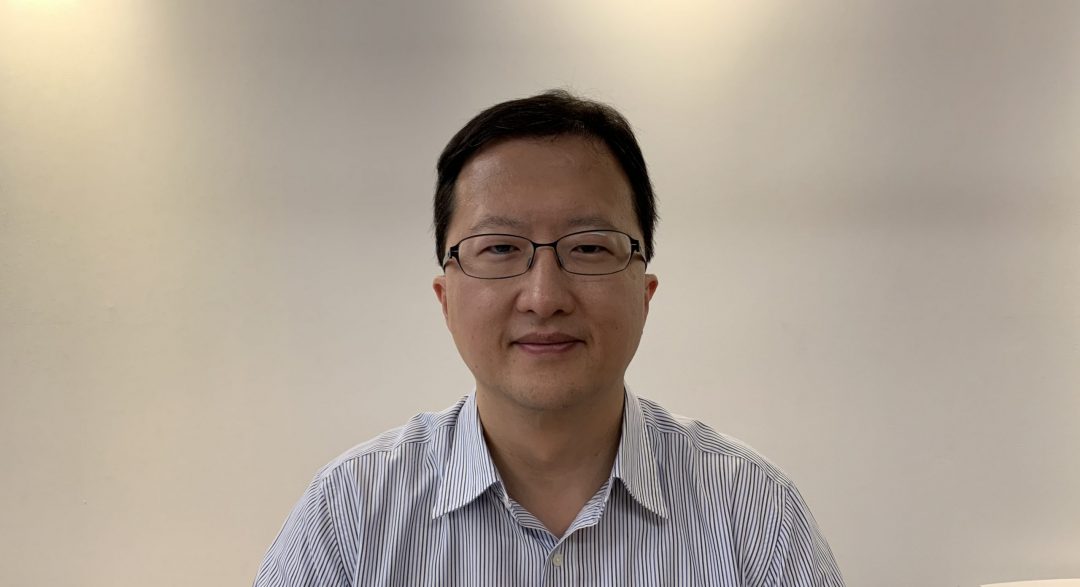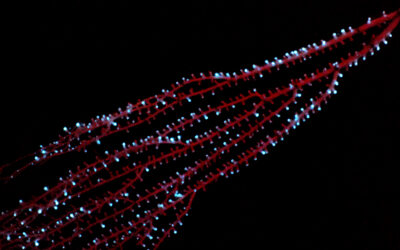Growing up in vibrant Seoul, Jang Wook Choi put his early love for math and science into his post secondary education, where he obtained his B.Sc. in chemical engineering. After moving to the United States to pursue a Ph.D. at Caltech under Professors Jim Heath and Sir Fraser Stoddart, he moved around the country, completing post-doctoral positions at the University of Chicago and Stanford before joining the Multi-scale Energy Science & Technology Laboratory at Seoul National University in 2017. Now an associate professor, his research centers around battery science, with an emphasis on rechargeable batteries, supercapacitors, and battery management systems.
Who are your role models or influences that encouraged you to enter a challenging STEM field?
I entered engineering in college just because I liked math and science during my high school days. My graduate school advisers, Professor Jim Heath and Sir Fraser Stoddart became my role models during this time because their insights into how to interpret research outcomes stimulated my curiosity toward science. Their deep thoughts and insights into any scientific phenomena made me see science as a joyful playground because deep thinking often digs out clues for hard problems, and this process can be fun and challenging.
What excites you about your work?
The potential impact [it will have in] real life and our society. As a battery scientist, any scientific outcomes that can advance battery performance can be real impacts, which raises excitement and self-pride.
What do you find challenging in STEM?
Scientific challenge is indeed my everyday life. Scientific principles and experimental results are always based on the truth, which means that I, as a scientist, need to be always alert to my research to listen to and capture the truth. Paying attention to the truth in everyday life is not trivial, as our life is full of many other non-scientific matters to be taken care of. So I would just like to tell young scientists to pay attention to his/her research with the entire energy and concentration.
What would you say has been your most impactful contribution to your field and what do you hope will be your legacy?
Although I have done research for various topics in rechargeable batteries, my biggest contribution to the field would be developing advanced binders. Binders have been considered a minor component in battery research for a while as it constitutes only a small portion in an electrode (i.e., < 5 wt%). However, as various standards of a battery cell is elevated, the role of binders has become more critical. One of my favourite specific contributions to this topic was in designing elastic binders for silicon, lithium, and high-nickel metal oxide electrodes. The binder designs for these electrodes are more active and aggressive than conventional ones, and the new design view would be my legacy to the community.
What future discovery or achievement would you like to make?
Well, I will just continue the same life as a researcher. Nonetheless, I hope to contribute to the current Li-ion battery industry by providing some creative ideas so that the industry evolves further. Since the current industry is highly advanced, I know it’s not easy to adopt any lab-scale findings because scaling-up requires a substantial amount of effort and investment. Nevertheless, the technology always calls for innovation, which I believe university professors like me can contribute significantly to.
Which trends in science concern you, and why?
I am a bit concerned about the increasing number of journals. Too many journals make it difficult to keep the quality of papers and review process. I often see some papers below the standard published these days.
Can you briefly comment on the research discussed in your recent AEnM essay?
My essay is about aqueous batteries, which are indeed an old topic in the battery field. However, as Li-ion batteries have certain shortcomings, aqueous batteries are receiving renewed attention. This attention is also inline with diversification of battery applications, which uncover the necessity of more customized batteries for different applications. As the community is becoming increasingly interested in aqueous batteries, pros and cons or promise and frustrations co-exist. The relevant technology is incessantly evolving so it will be fun to see how it advances with time.
What are your future plans?
Well, I am still ambitiously working toward better battery technologies. I will continue to pursue new ideas to improve their performance, resolve their issues, and lower their cost. The scientific interactions with young students with creative minds will be the core of such a journey.
What are your interests outside of the lab? Do you think a work/life balance is important in your line of work?
Work/life balance is not easy to attain, but is important to keep for sustainable life. Outside of the lab, I like to exercise, take walks near a brook, and chat with my students over coffee.
_____
To learn more about Choi’s work and his review on aqueous batteries, read the paper published in Advanced Energy Materials, which is part of a recent Virtual Issue “10 Years of Advanced Energy Materials Research” celebrating the 10th anniversary of the journal.

















